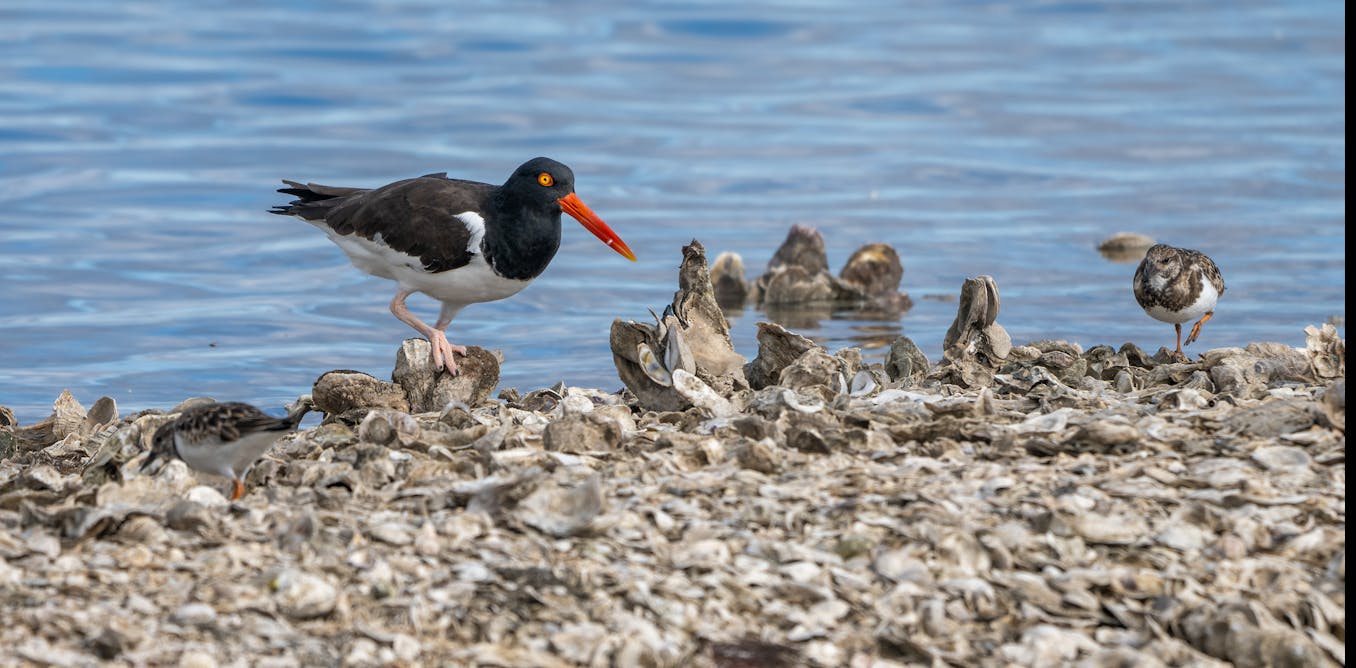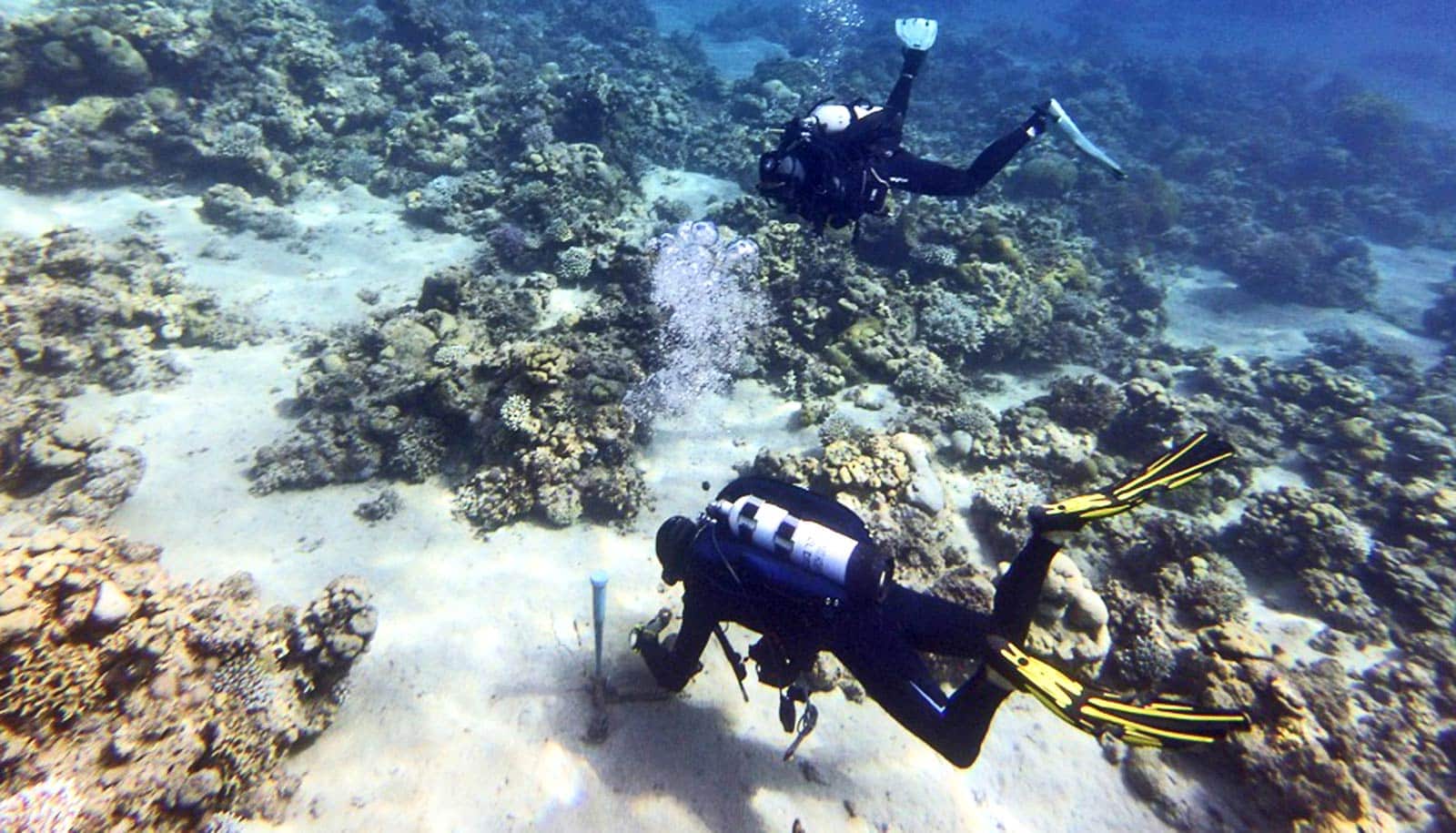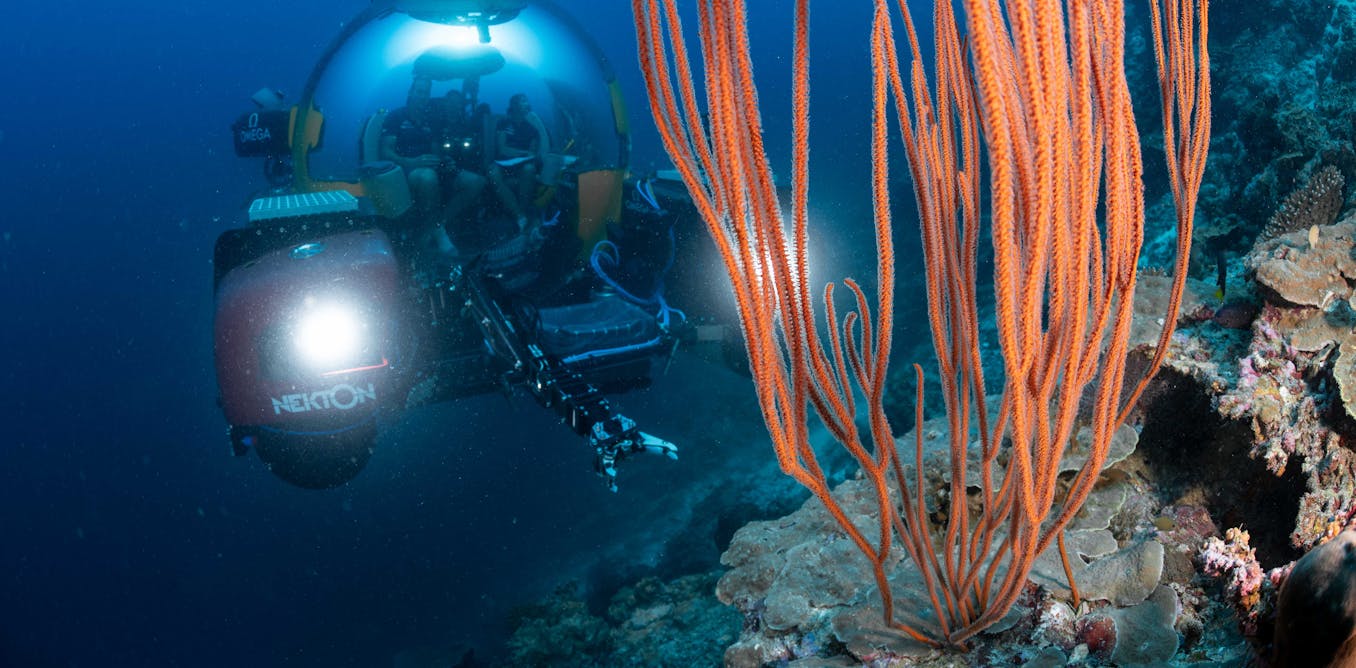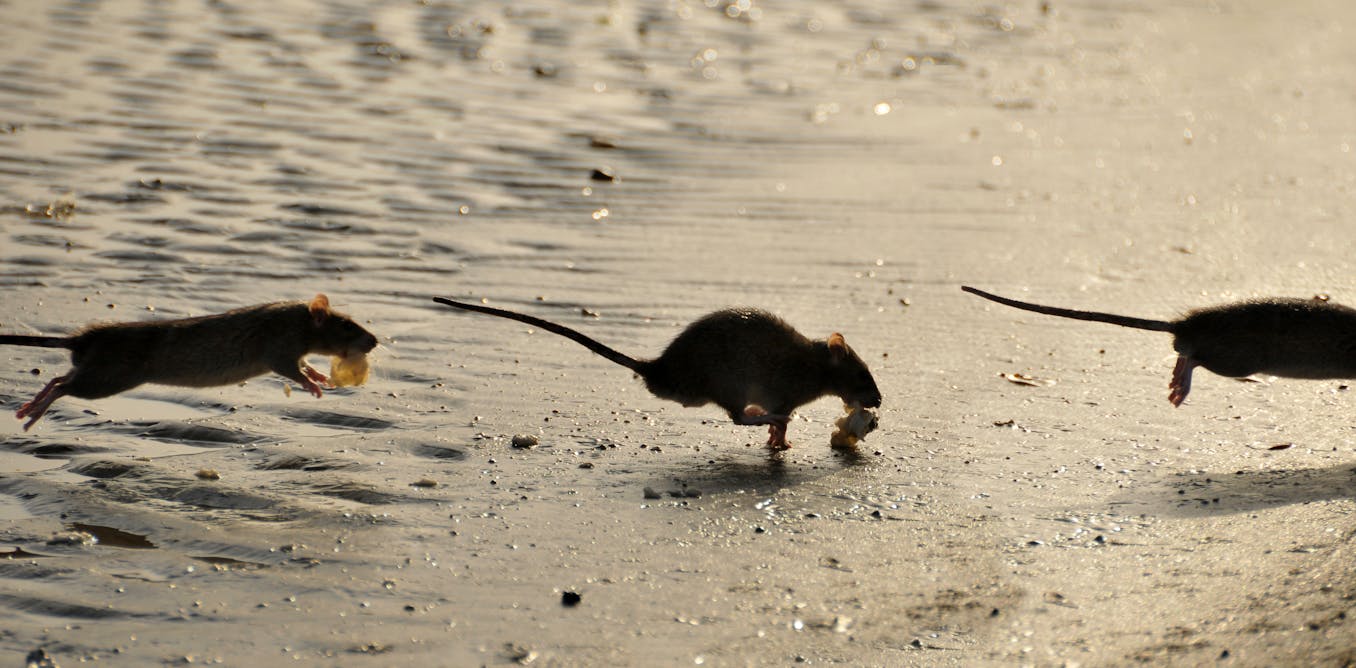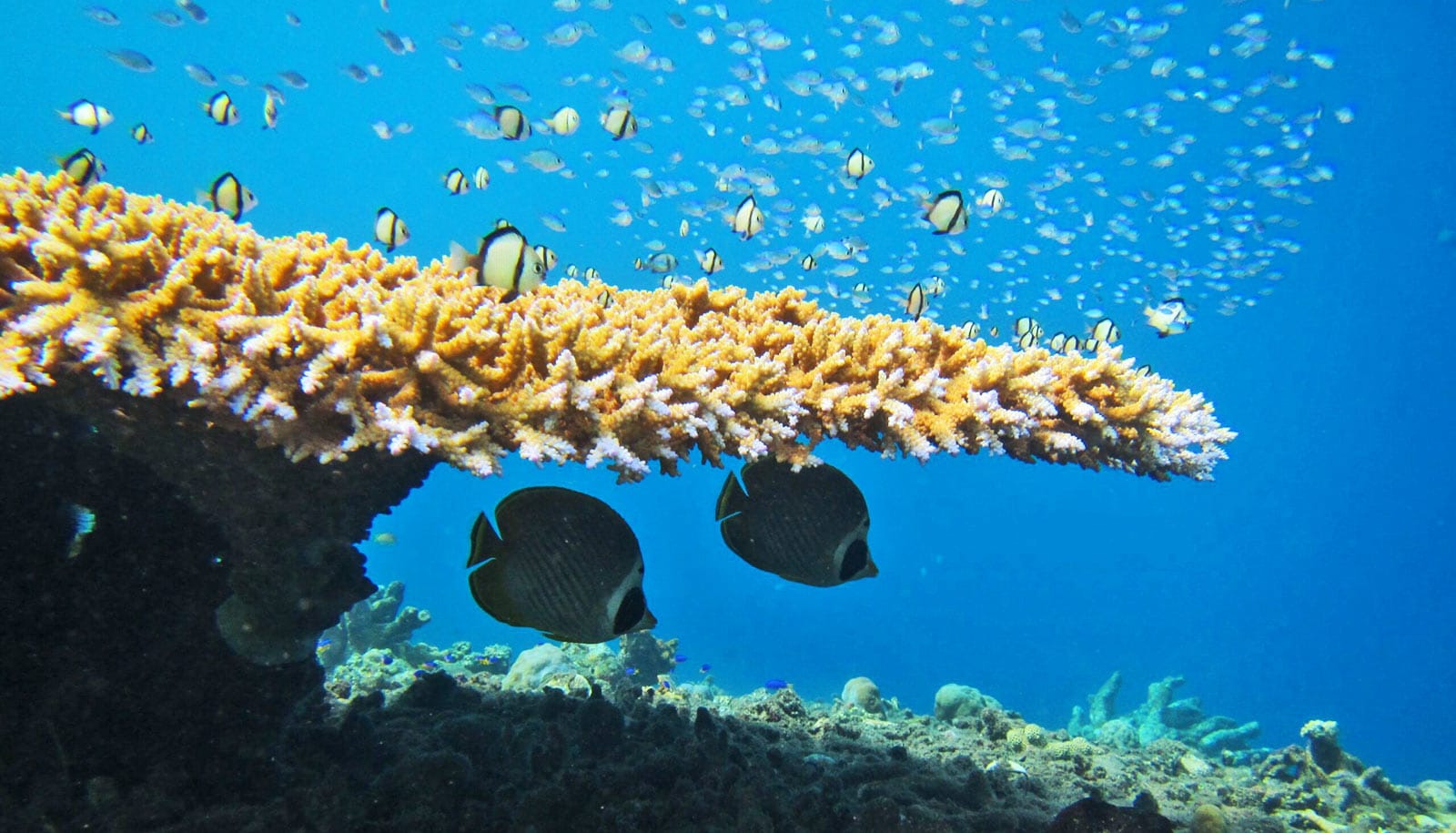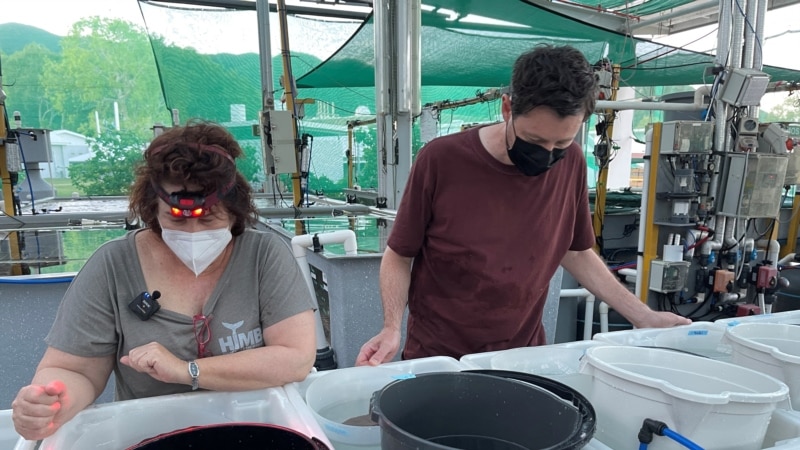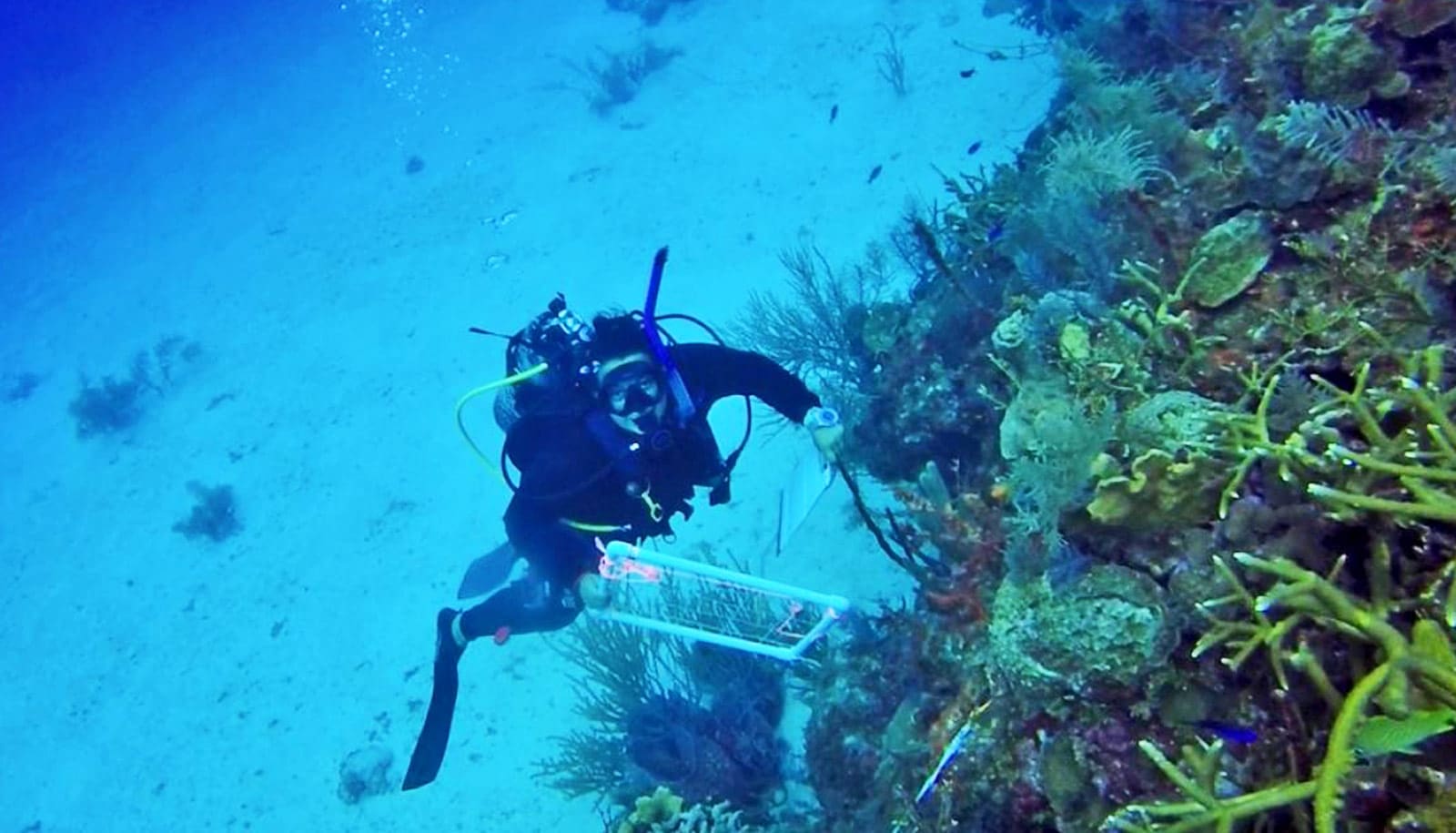Hurricane Harvey more than doubled the acidity of Texas' Galveston Bay, threatening oyster reefs
Climate change is making oceans more acidic globally. Now, scientists are finding that large storms can send pulses of acidic water into bays and estuaries, further stressing fish and shellfish.
Feb. 7, 2023 • ~10 min

